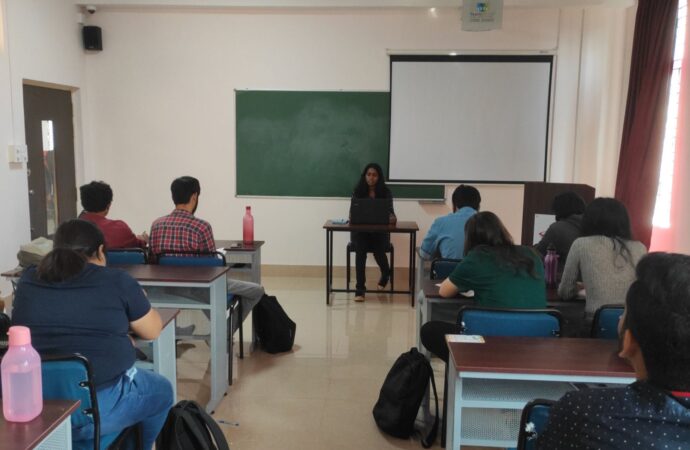Introduction
In recent years, the Food Safety and Standards Authority of India (FSSAI) has been at the forefront of promoting food safety and hygiene across the nation. With the rise in foodborne illnesses and growing concerns about the quality of food consumed, it becomes crucial to educate individuals, especially students, about safe food practices. The University Grants Commission (UGC) has recognized this need and is urging universities to actively participate in spreading awareness about food safety campaigns initiated by the FSSAI.
Why Target Students?
- Vulnerable Population: Students, whether in hostels or off-campus accommodations, often rely on ready-to-eat meals, street food, and canteen offerings. Their busy schedules and lack of time for home-cooked meals make them particularly vulnerable to food-related health risks.
- Lack of Awareness: Many students are unaware of proper food handling techniques, the importance of food labels, and the risks associated with consuming adulterated or contaminated food.
- Long-Term Impact: Educating students about food safety not only benefits them during their academic years but also sets a foundation for lifelong healthy eating habits.
FSSAI’s Initiatives
The FSSAI has launched several campaigns to enhance food safety awareness:
- Eat Right Campus: This initiative encourages educational institutions to adopt healthy food practices. It emphasizes balanced diets, safe food storage, and the importance of reading food labels.
- Hygiene Rating System: The FSSAI has introduced a hygiene rating system for food establishments. Universities can collaborate with local eateries to display hygiene ratings prominently, guiding students toward safer food choices.
- Food Safety Workshops: Conducting workshops on food safety, proper cooking techniques, and handling perishable items can empower students to make informed decisions.
University Role
Universities play a pivotal role in shaping students’ lives beyond academics. Here’s how they can contribute:
- Curriculum Integration: Incorporate food safety modules into existing courses. Subjects like nutrition, health sciences, and home science can include practical sessions on safe food handling.
- Awareness Drives: Organize awareness campaigns, webinars, and seminars. Invite experts from FSSAI or local health departments to address students directly.
- Collaboration: Partner with local food vendors to ensure they adhere to food safety guidelines. Encourage canteens and mess facilities to display hygiene ratings.
Conclusion
Promoting food safety among students isn’t just about preventing immediate health risks; it’s an investment in their well-being and the health of our future generations. By joining hands with FSSAI and actively participating in awareness campaigns, universities can create a safer food environment for students. Let’s empower our youth with knowledge and ensure that they make healthier food choices throughout their lives.
 Food Manifest
Food Manifest 

















